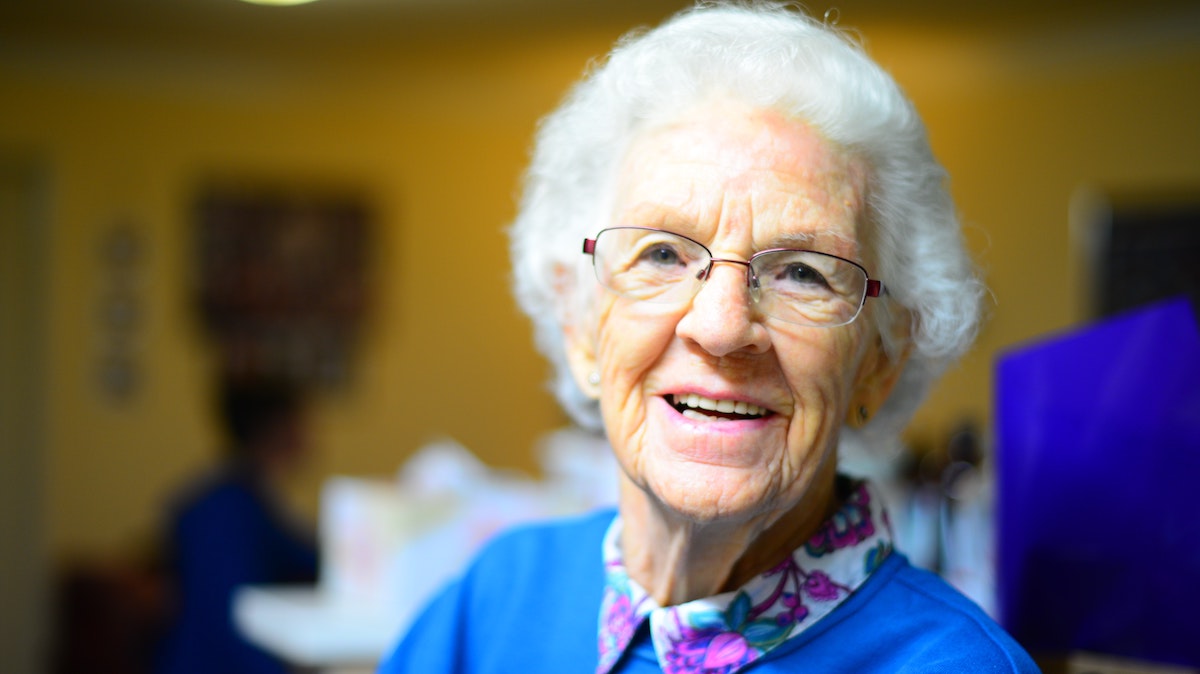Alzheimer’s is a progressive brain disease that slowly affects someone’s ability to reason, think, and remember. In time, the impact to memory, thinking, and social abilities is enough to interfere with daily living. Alzheimer’s can be difficult to diagnose, because certain symptoms may be characteristic of age-related changes. Still, it’s important to be aware of early signs and symptoms of Alzheimer’s so that you can follow up with a doctor if you notice them in yourself or a loved one.
Memory Loss Disruptive to Daily Life
It’s not unusual for senior citizens to occasionally forget a name or an appointment, only to remember it at a later time. But persistent forgetfulness may be a sign of something more serious. According to the Alzheimer’s Association, chronic forgetfulness, particularly of recently learned information, is one of the most common signs of the early stages of Alzheimer’s. If you notice a loved one repeats the same questions, forgets important events and dates, and is relying on memory aids or family for regular reminders of things they used to manage on their own, it’s worth investigating.
Difficulty Completing Familiar Tasks
Forgetting the rules of a favorite game, having trouble driving to the gas station or salon they’ve visited for years, or being overwhelmed with the task of compiling a grocery list are all characteristic of another Alzheimer’s symptom – difficulty completing regular, familiar tasks. While a generational, age-related change may be needing help figuring out new technology, a symptom of Alzheimer’s is confusion and difficulty with something that used to be managed easily.
Difficulty Planning or Solving Problems
Some people living with Alzheimer’s may find it difficult to create and follow plans, or manage numbers properly. You may see it in your loved one’s inability to follow a recipe they used to know well, or managing their monthly bills.It may be hard for them to concentrate, and completing familiar tasks takes much longer than it once did. While an occasional error is one thing, chronic difficulty in this area may be indicating a form of dementia.
Confusing Time and Place
As we age, it’s normal to become confused about the day of the week, or where we are in the month. Usually, we’ll catch our own error. People with Alzheimer’s routinely lose track of dates, seasons, and time in general.They may also not remember how they got somewhere, or even where they are.
Misplacing Things & Getting Lost
Misplacing things happens to us all, but we can usually find what we set down by retracing our steps. For people living with Alzheimer’s, it’s easy to lose things but difficult or impossible to retrace their steps to find what they’ve lost.As the disease progresses, it’s not unusual for a loved with Alzheimer’s to become hostile about this and accuse people of stealing. Mood and personality changes – confusion, suspicion, depression, anxiety, fearfulness – are another symptom of Alzheimer’s.

Changes in Judgment and Decision Making
A decline in grooming habits, poor financial decisions, or other questionable judgments can be another sign of Alzheimer’s. An isolated incidence may simply be age-related, but a pattern of spotty thinking could be something more serious.
Difficulty with Speaking and Writing
An aging loved one may struggle to remember a particular word now and then. Someone with Alzheimer’s, however, might have trouble maintaining conversation. You may notice them repeating themselves or stopping abruptly in conversation and not being sure how to continue. They may have problems with vocabulary or use the wrong words for familiar objects.
Next Steps
They may seem minor, but signs like these could be symptomatic of significant health issues. If you notice any of these tendencies in yourself or a loved one, don’t wait. A diagnosis of Alzheimer’s or another form of dementia can be scary, but it’s important to understand the facts. At Syncare Memory Suites in Minnesota, we offer specialized private memory care for people living with Alzheimer’s, and we’re here to help. Contact us today – we’re happy to answer your questions.



